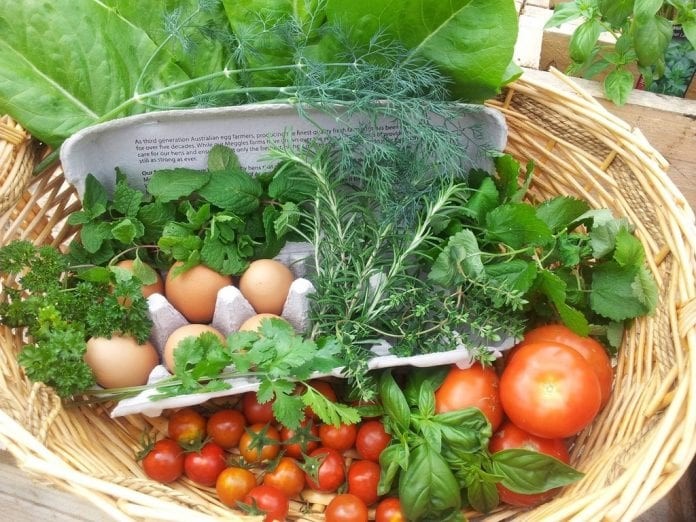
After a devastating year for Caribbean economies, which nevertheless saw islands contain the worst of the Covid-19 pandemic, the region is slowly reopening with a new proposition for visitors in 2021.
The unexpected downturn has provided an opportunity to rethink and refresh the Caribbean’s tourism sector to reduce islands’ vulnerability and draw closer links with food and gastronomy, which has long shaped Caribbean history, culture and identity.
Industry leaders have also been forced to respond to the changing needs of tourists, whose heightened awareness of health, safety and environmental concerns has increased demands for smaller, bespoke tours and experiences beyond traditional sun, sea and sand packages.
|
“By fostering greater collaboration and overlap between the tourism, hospitality, agriculture and gastronomy sectors, Caribbean nations can unlock multiple benefits for both tourists and the tourism industry.” |
The future of the Caribbean vacation in the post-Covid pandemic, then, may lie in agritourism.
By fostering greater collaboration and overlap between the tourism, hospitality, agriculture and gastronomy sectors, Caribbean nations can unlock multiple benefits for both tourists and the tourism industry.
Firstly, aligning tourism with island agriculture can provide mutual resilience in the event of shocks and stressors.
During the Covid-19 pandemic, for example, many people turned to agriculture and went out in droves to buy seedlings, both as an economic alternative to tourism and to bolster their own food security.
Links between restaurants and local farmers are now stronger than ever, while the renewed focus on indigenous foods has increased appreciation of the importance of agriculture for reducing poverty, improving health, boosting employment and encouraging responsible food production and consumption.
Maintaining this link between agriculture and tourism will help diversify Caribbean economies and reduce the heavy reliance on tourism, which was decimated during the pandemic.
Despite the challenges of 2020, several agritourism “champions” have emerged across the region at both public and private sector levels, who are using innovative approaches to ensure that trade continues between the agriculture and tourism sector.
The private sector development program, the Compete Caribbean Partnership Facility, has continued to support agritourism projects, including a project to implement precision farming and a climate-resilient greenhouse system in St. Lucia. In addition, the same team has developed a marketing platform for a major retailer to use in their procurement systems with local farmers.
These systems can help generate new opportunities for farmers and producers once tourism fully reopens. For example, beekeeper Lascell Smith, a 2019 finalist in IICA Jamaica’s Youth in Agribusiness Awards, invested in a custom-built honey sachet machine to meet demand for single-serve honey packages for the hotel industry while allowing hotels to offer local honey.
Meanwhile, carving out a greater role within tourism for Caribbean produce and food culture can also enrich the experience of visiting our islands.
Chefs have become influential advocates of local food culture and are helping boost the use of Caribbean-produced foods both domestically and internationally, increasing our exports while also providing visitors with a more authentic and sustainable cuisine.
One valuable platform is the Chefs For Development initiative, which aims to promote stronger links between actors in the culinary and tourism sectors. Launched by the EU-funded Technical Centre for Agricultural and Rural Cooperation (CTA), the project will continue from 2021 under the leadership of the Inter-American Institute for Cooperation on Agriculture (IICA).
Online portals and networks like Chefs4Dev have become increasingly important as more of the world lives and works remotely during pandemic-related restrictions and lockdowns.
By sharing knowledge, techniques and recipes online, chefs and local food ambassadors can safely continue to contribute to virtual agritourism and promote sustainable food habits, even in the face of limited travel.
As tourism gradually returns to the Caribbean from 2021 onwards, we hope it will be the dawn of a new, more thoughtful and sustainable form of travel, that values a safe and authentic exchange inspired by our cuisine, our customs and our heritage.
A healthy, thriving agritourism sector would be a worthwhile destination for all involved.
Note: This article was published originally in https://www.caribbeannationalweekly.com/editorial/op-ed/op-ed-why-agriculture-is-key-to-caribbeans-post-covid-tourism-sector/
Ena Harvey is the IICA Representative in the Barbados Delegation and the Hemispheric Specialist in Agrotourism
Note: The opinions expressed in this article do not necessarily reflect the opinion of IICA.
|
If you have questions or suggestions for improving the BlogIICA, please write to the editors: Joaquín Arias and Viviana Palmieri. |
Comentarios del blog
Saint Lucia Greenhouse
The greenhouse in St. Lucia is by no means 'climate resilient'. One minor hurricane and it's gone.
Añadir nuevo comentario